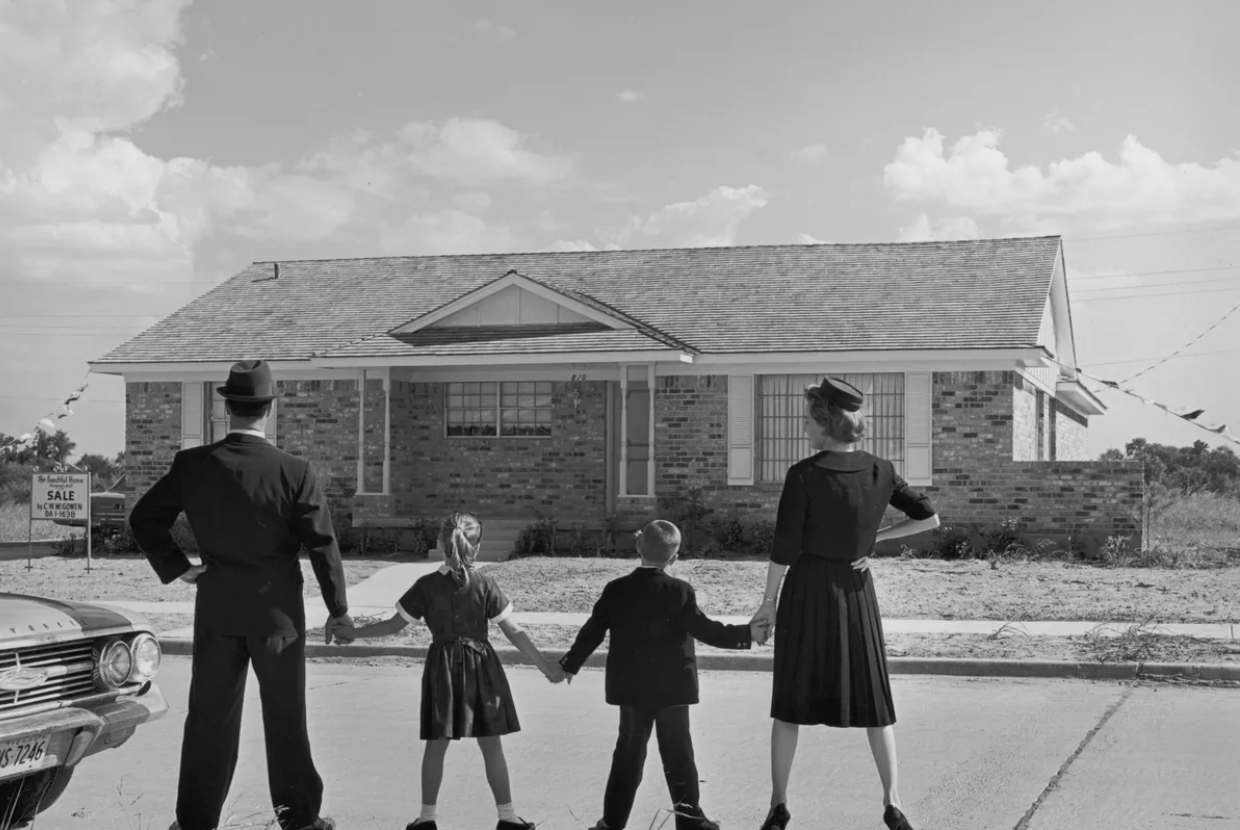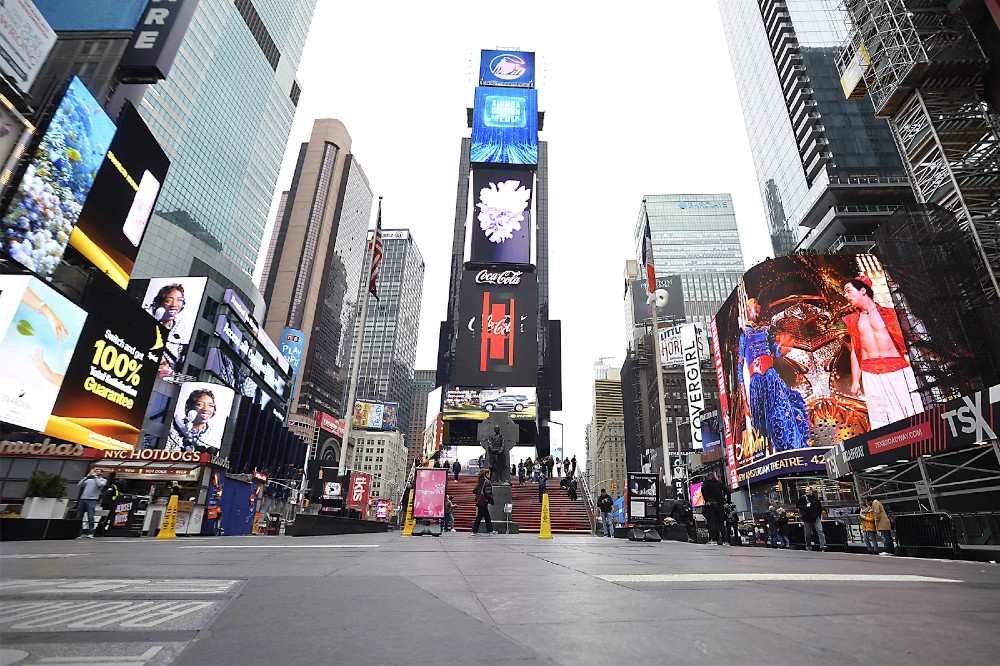
VASSILISA RUBTSOVA – APRIL 22ND, 2019
As baby boomers, the unprecedentedly large generation of people born between 1946 and 1964, entered adulthood, they were met with a robust and thriving economy. They also experienced an affordable housing market that allowed for 45% of baby boomers to buy their first home between the age of 25 and 34. Buying a home became the hallmark of the American dream; a dream attainable for many, because of relatively low housing costs and competition. Millennials, the generation born between 1981 and 1997, have surpassed baby boomers in number, but have faced a starkly different economy and housing market. Compared to baby boomers, only 37% of millennials between the ages of 25 and 34 own homes.
There are a number of reasons for these dramatic differences in homeownership. Millennials are facing an overwhelming number of economic disadvantages, including rampant student loan debt, a housing market still in recovery from the 2008 housing crash, and ballooning costs of living.
On top of that, baby boomers have created a bottleneck in the housing market that significantly affects millennial homeownership. Not only are baby boomers living longer than previous generations, they are also decidedly staying longer in their homes. In 2000, baby boomers made up 43.5% of all homeowners. The percentage dropped only 1.5%, resulting in 42% ownership in 2010. Almost ten years later, the percentage remains at 41% even though the oldest of baby boomers are approaching their mid-seventies, an age well past the average age of retirement. While this is not a new housing trend, the fact that baby boomers have home ownership rates of 80 percent, creates an unprecedented problem for the housing market and for future homeowners, especially as the housing market’s inventory hits historic lows.
Baby boomers are deciding to “age in place” for a number of reasons. First of all, baby boomers are transitioning to retirement much later in life than previous generations. As they remain in the workforce, they also remain in their homes. Furthermore, as they transition to retirement, rather than moving to smaller homes and condominiums, they are modifying their current homes to adjust to the demands of their age with the help of a variety of home equity loans. In addition, even baby boomer homeowners that would potentially be willing to sell are not, because of a lack of affordable homes for them to downsize into. Baby boomers are also facing more mortgage debt than generations before them. According to the Center for Retirement Research at Boston College, they were three times more likely to have mortgage debt in 2015, compared to the likelihood of a homeowner having mortgage debt in 1980.
All of these factors have led the 85 percent of baby boomers that currently own 32 million homes to express no interest in selling in the near future. While baby boomers own nearly $13.5 trillion in homes, millennials are delaying becoming homeowners in part due to housing shortages and subsequent housing affordability. Baby boomer homes are homes that should have been put on the market right about now. These homes would have been meeting the growing demand of millennials that have approached, or are approaching, the stage in their lives where they purchase a home. Realtor.com Chief Economist Daniel Hale describes these 32 million homes as homes “the market desperately needs.”
Essentially, as the housing market recovers from the burst of the housing bubble, a housing bottleneck has taken its place, further affecting the possibility of home ownership for millennials. However, this may soon change.
Fannie Mae predicts a rapidly approaching “mass exodus” of homeowners as baby boomers continue to age. As they enter an age where a radical increase in homeowner attrition occurs, Housing Insights and Fannie Mae project a wave of new homes on the market. They estimate the number of available homes on the market to be between 10.5 and 11.9 million between 2016 and 2026. This availability will in the short term, supply the generational housing transfer that the housing market desperately needs to occur.
However, these short term benefits are also laced with words of caution in the long term. In the long term, there is a very real concern about a potential oversupply of housing in the market. This oversupply is likely to be caused by the differences between millennials and baby boomers. The same barriers of entry that prevent millennials from becoming homeowners currently could very likely continue to exist, as financial capacity may still be an issue for a generation growing up post-Great Recession and facing heavy financial burdens. There is also the issue of a lack of demand for the particular homes that will be entering the market in the coming decades. The needs and desires of millennials are different than that of previous generations, and while McMansions in exurbs were particularly appealing to baby boomers, they do not align with the preferences and demands of millenials that prefer being significantly closer to urban areas. There are also other factors, such as the size of homes and the design of the home itself, that will influence whether millennials will even be interested in purchasing homes in certain areas where baby boomers will inevitably be selling.
This uncertainty leaves economists concerned: another housing crash. The concern lies in the fact that there will likely be a large oversupply in certain areas, which will cause housing prices to plummet, thus leading to a housing crash in those areas.
All in all, these predictions can inform us only to a certain extent, due to the unprecedented and abnormal situation the housing market currently finds itself in. There is a massive aging home-owning population holding on to its homes, while an even larger population is scrambling for housing. Only time will tell what the housing market has in store, but it is vital that public and private stakeholders adapt and plan for the inevitable housing market changes.
Featured Image Source: Curbed
Disclaimer: The views published in this journal are those of the individual authors or speakers and do not necessarily reflect the position or policy of Berkeley Economic Review staff, the Undergraduate Economics Association, the UC Berkeley Economics Department and faculty, or the University of California, Berkeley in general.




Why do you skip over Gen X and jump right to millennials? There’s a whole generation in between baby-boomers and millennials that is being impacted by both of these generations, yet rarely do they get even a mention.
Factors like those described in the paragraph above account for much of the uncertainty in projecting the future homeownership rate. Changes in the housing and mortgage industries, changes in public policy, changes in social attitudes, and macroeconomic shocks such as the Great Recession all these and more may alter the future. Twenty years in the future, today’s Millennial 35-year-olds will not act exactly like today’s Baby Boomer 55-year-olds. Or perhaps they will. And this is where experts begin to part ways.
very good and knowlegeable info keep up ur work …fastprep